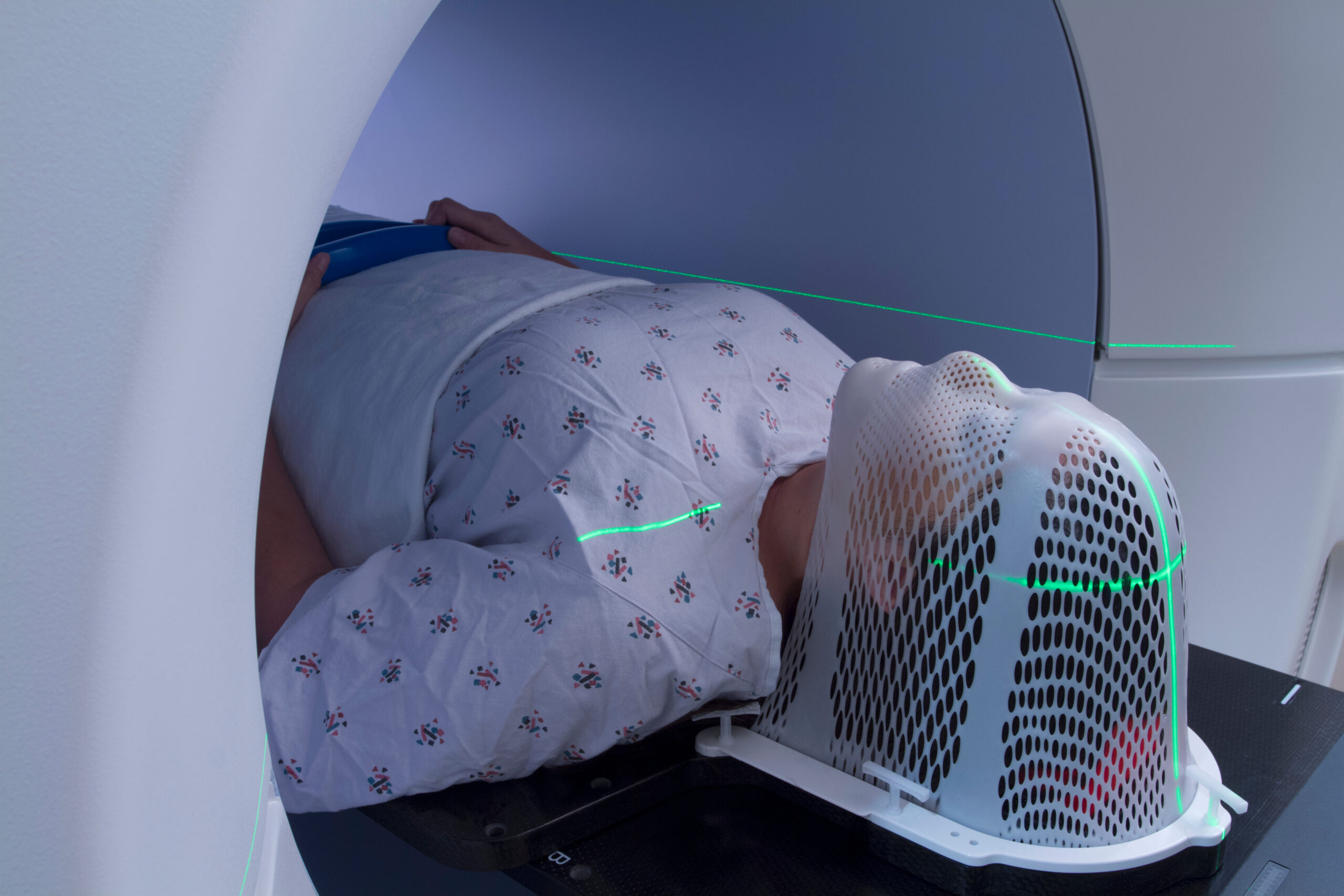A new AI tool threatens to revolutionize cancer detection, raising questions about future healthcare policies.
Story Highlights
- DOLPHIN AI uncovers invisible genetic markers for cancer.
- Potential for earlier detection and improved treatment options.
- Implications for healthcare policy and privacy concerns.
DOLPHIN AI: A Breakthrough in Cancer Detection
The DOLPHIN AI tool is pioneering a new era in cancer detection by uncovering genetic markers previously invisible to current technologies. This advancement allows for the identification of cancer at an earlier stage, potentially transforming how diseases are diagnosed and treated. The implications for healthcare are vast, paving the way for more personalized and effective treatment plans that could save countless lives.
This breakthrough also presents an opportunity to develop virtual models of cells, enabling researchers to simulate disease progression and test drug responses with unprecedented precision. Such technology could accelerate the development of new therapies and improve patient outcomes significantly.
From #ASTRO25: Kosj Yamoah, MD (@KOSJ12), shared findings on the Decipher genomic classifier and Artera multimodal AI biomarker in predicting metastasis in localized prostate cancer. Both outperform traditional risk tools.
Key findings:
➡️ In 306 prostate cancer cases, Decipher… pic.twitter.com/wJxqnu1QkE
— Moffitt Cancer Center (@MoffittNews) October 1, 2025
Potential Privacy Concerns and Policy Implications
While the scientific community celebrates DOLPHIN AI’s potential, it raises important questions about privacy and data security. The technology’s ability to analyze single-cell data requires access to vast amounts of personal genetic information. This necessity underscores the need for stringent data protection measures to prevent misuse and ensure patient confidentiality.
As policymakers consider the integration of AI tools like DOLPHIN into healthcare systems, they must balance innovation with individual rights. Ensuring that technological advancements do not infringe upon personal freedoms is crucial, especially in an era where data privacy is a growing concern.
The Future of Healthcare: Balancing Innovation and Regulation
DOLPHIN AI’s capabilities could lead to a healthcare revolution, but it also necessitates careful consideration of regulatory frameworks. Policymakers must address how such tools fit within existing structures while safeguarding constitutional rights. The challenge lies in fostering innovation without compromising the core values of liberty and privacy, a balance that is essential to maintaining public trust in technological advancements.
As the healthcare landscape evolves, ongoing dialogue between tech developers, healthcare providers, and policymakers will be vital. By working together, stakeholders can ensure that advancements benefit society while respecting individual rights and freedoms.
Sources:
https://www.sciencedaily.com/releases/2025/10/251001092206.htm











